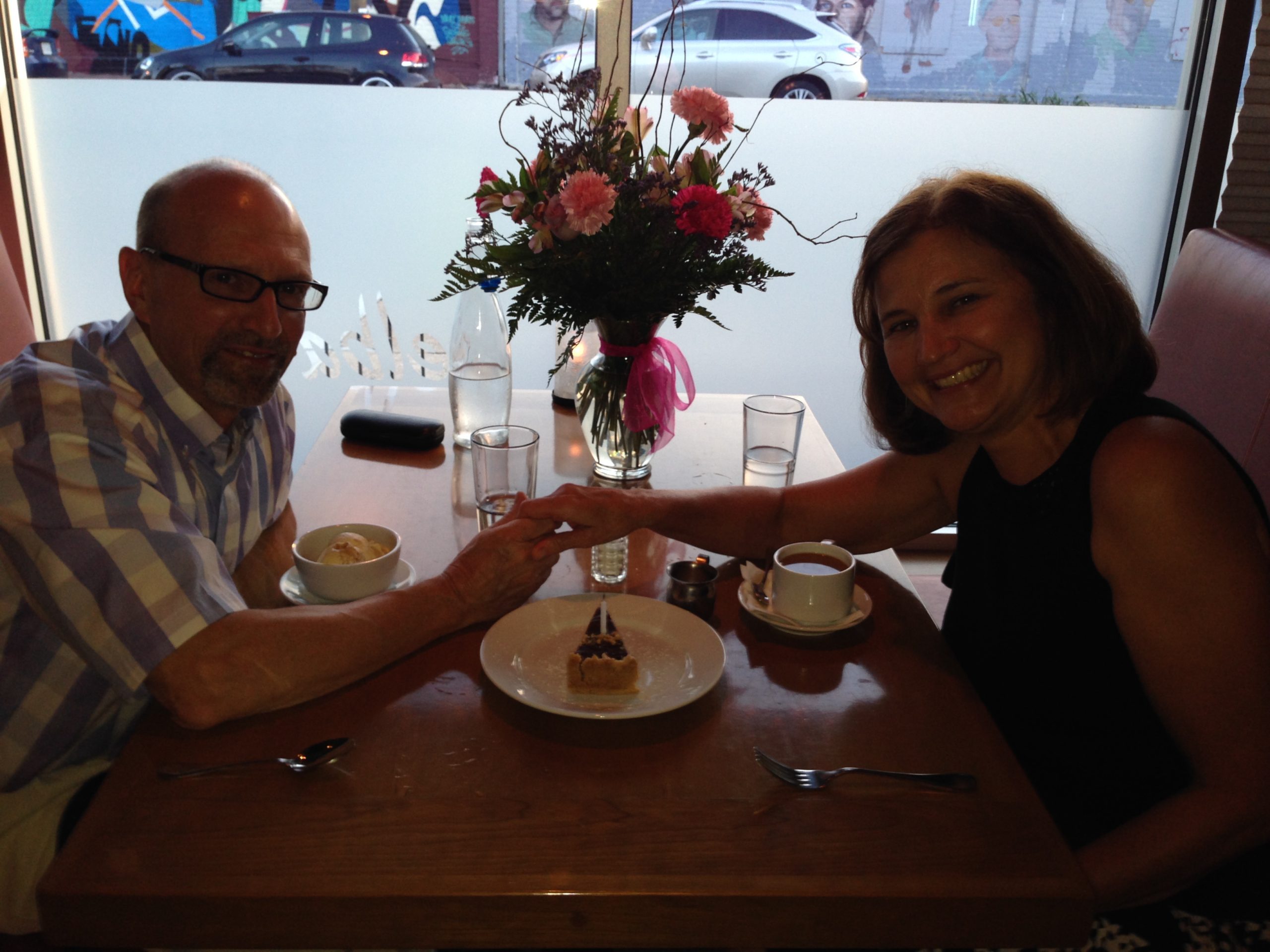Cancer Blog #98
By Brian Zimmerman
Begun on July 31, 2021
Email: dyingman1@yahoo.com
My Dying Words
Entry #98– Medical Update
December 28, 2023
Medical Update: I received my standard chemo treatment yesterday, viz., two chemo drugs: the Ramucirumab (the monoclonal antibody drug, or could be called one of the immunotherapy drugs) and the Irinotecan (first used in the late 90’s, so kind of old school function).
I was queasy when I finished the treatment, but was not as unsteady as I usually am, which was a great blessing as my ride was downstairs and I had no one to lean on, but I was able walk pretty well. “No falls” is one my personal goals. Ha! The side effects then were about the same as before: nausea and unsteadiness (and some hoarseness). Nausea is more important to me than the others and I have some means of treating it, though I know it will fade away in the next few days, but pretty uncomfortable in the meantime. I took a half a gummy and didn’t see much change. I took an 8mg Zofran. Also, little change. I can’t take another Zofran for around 8 hours. And, more gummies would probably make me more unsteady. As that was already one of my side effects, probably a bad idea as fall>nausea in importance, despite me hating nausea more.
The oncologist at some point (in my pretreatment appointment with the oncologist or his nurse practitioner) began discussing the next chemo protocol. He wants me to stay on the current drug regime for two more treatments to be three weeks apart (so, next on January 17 and February 7). At that point he’ll order the status CT scan and then make a decision. He said to me that he was pretty undecided and open to a discussion about the decision.
Providentially, I was reading an article in the Wall Street Journal (WSJ) yesterday while being treated and they carried an article called, “Rethinking Immunotherapy for Cancer: When is the Best Time to Stop?” I was already familiar with this problem as my oncologist was kind enough to explain it to me when I first began chemo as that chemo protocol would include a monoclonal antibody drug (Opdivo). The problem is how much of the drug do you need? There’s no good way to know. My speculation (note well (N.B.), please!) is that the original studies stuck to a simple protocol to help them to determine the maximum dose that would be safe and effective. Consequently, there’s no way to know what would happen if the doses were lowered. The most I (and apparently most patients according to my oncologist) can tolerate is 7-8 doses. It was a rough drug to be on.
But, as the article points out, people are thinking to try to drop the dosage to reduce the severity of the side effects yet remain effective against the cancer. One problem is trying to get the drug companies to do such studies. The reason is simple: they’re not highly motivated to do studies to help them sell less drug. Now, you could say greedy old drug companies, but the other problem is finding patients who would participate in the studies. The doctors and patients are very reluctant to lower the drug. They are reasonably confident of the drug’s use from the original studies. Lowering the drug dosage is a risk not many are willing to take.
All this discussion brings me back to the impending change of my chemo protocol. I began thinking about the change. The most effective drug by far for me was the Opdivo, which actually shrank the cancer as I regained breathing ability I had lost before I was on the drug. The other drugs only hold the cancer in check. So, my suggestion that I sent him today through their patient portal is this: Restart the Opdivo for its effectiveness, but give it at half the dose, either by lowering the amount given at one time in the treatment. Or, by extending the amount of time between the treatments (or some combination). I asked him for us to discuss it during our last appointment before the status CT scan. I’ll let you know his thoughts.
As I said last time: God is good, and I trust Him. Lord, please extend my life, but your kingdom come, your will be done, or, not my will, but yours be done. And, actually, to look at it as I should: this a good problem. It means I’ve outlived by the grace of God, the protocols for treating this kind of cancer. Without the effectiveness of the Opdivo I took, I wouldn’t have the lung capacity I still do. And, the other drugs have kept it check, which is especially important in preventing more metastases. And, I’ve had more than two and half years to help make amends, to see the grace of God at work every day, and to make arrangements for my death. The mercy, kindness, and power of God are unmistakable.
